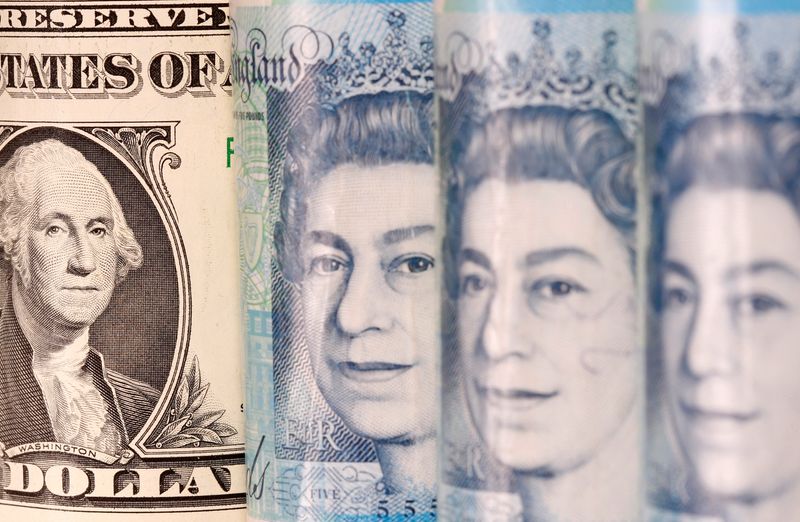A look at the day ahead in European and global markets from Tom Westbrook
Sterling's freefall extended to new lows on Monday as investors emphatically reject British finance minister Kwasi Kwarteng's programme of subsidies and unfunded tax cuts.
The pound, the most liquid method for betting against the programme's success, took out its 1985 low in the Asia session to hit $1.0327. It is only the latest casualty in financial markets, which have been tumultuous recently. On Friday, gilts suffered their heaviest selling in decades, and before that, the yen and U.S. interest rate futures have been roiled. [MKTS/GLOB]
For sterling, parity on both the dollar and euro now beckons and speculation is rising of a response - verbal or otherwise - from the Bank of England.
Elsewhere, pressure is building.
Italy on Sunday elected its most right-wing leader, Giorgia Meloni, since World War Two. Relatively poor performances by her euro-sceptic allies the League and Forza Italia may temper how much the power balance in Europe shifts as a result.
Global tension is also mounting over the war in Ukraine, as Russia holds widely-criticised votes aimed at annexing territory it has taken by force.
By incorporating the areas of Luhansk, Donetsk, Kherson and Zaporizhzhia into Russia - which could happen as soon as this week - Moscow could portray efforts to retake them as attacks on Russia itself.
Besides sterling, Asian stock markets fell on Monday. European futures fell 0.3% and S&P 500 futures fell 0.6%.
Key developments that could influence markets on Monday:

Economics: Euro zone Jul construction output, German Ifo Business Sentiment Survey
Speakers: ECB's Christine Lagarde, Bank of England policy maker Silvana Tenreyro